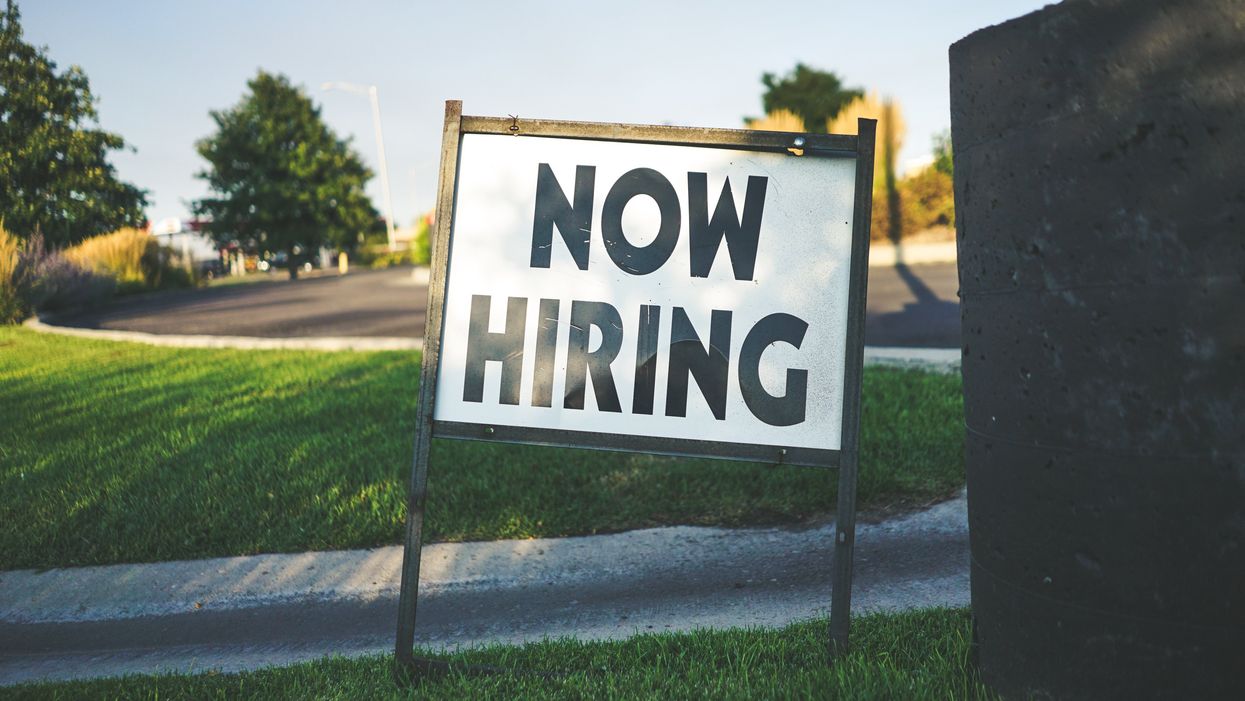Column: When Should a Startup Hire Its First HR Person?
Spencer Rascoff serves as executive chairman of dot.LA. He is an entrepreneur and company leader who co-founded Zillow, Hotwire, dot.LA, Pacaso and Supernova, and who served as Zillow's CEO for a decade. During Spencer's time as CEO, Zillow won dozens of "best places to work" awards as it grew to over 4,500 employees, $3 billion in revenue, and $10 billion in market capitalization. Prior to Zillow, Spencer co-founded and was VP Corporate Development of Hotwire, which was sold to Expedia for $685 million in 2003. Through his startup studio and venture capital firm, 75 & Sunny, Spencer is an active angel investor in over 100 companies and is incubating several more.

The tech industry has come a long way over the last few years in terms of recognizing the importance of HR. Most CEOs now share my long-held belief that HR can and should play a strategic role at a company, and that having "good HR" can be as important as having "good tech," "good marketing" or any other function.
What is "good HR"? It means thinking of human resources (HR) as a way to recruit, retain and motivate great people. "Bad HR" means thinking of HR purely from a risk-mitigation standpoint (e.g., "how can the HR department help make sure we don't get sued for discriminatory hiring practices?"). Even worse than "bad HR" is having no HR at all.
Which begs the question that all startups face: when should you hire your first HR person?
TL/DR: typically at about 15-20 employees, I believe it's time to hire a dedicated HR person.
Most startups are capital constrained, so it's easy to postpone that first HR hire and focus scarce resources on product, engineering or sales. And if your startup is unsure if you'll get to the next round, then you should delay the HR hire and hold your breath on adding HR resources. If the CEO cares deeply about HR, he/she can fill some of this gap in the short term. But you really are just "holding your breath," and as soon as you feel that it's likely you'll be able to raise the next round (or get to break-even on your current funding), it's time to add an HR person.
Ideally, that first HR person should be a generalist — part recruiter, part HR business partner (HRBP), part employee comms, part learning & development (L&D), part diversity equity & inclusion (DEI), part HR ops and benefits. At larger companies (more than 500 employees), those various disciplines are separate and there are people who dedicate their entire careers to being the best in the world at each of them. But startups don't have the luxury of specialization.
That first HR hire is extremely important. He/she sets the tone for the role HR will play at the company. He/she needs a strategic seat at the table with the senior team to help create policies and culture which the company will live with for years. Here are just a few examples of decisions that startup companies with 10-50 employees need to make which would benefit enormously from a HR person involved:
- The first version of the product is almost ready to launch and we're starting to think about monetization. What type of sales function should we have (e.g., inside sales or field sales)? What should the compensation structure be for salespeople? How much of a role should product people (e.g., program managers) play in sales?
- We need to design employee levels and titles, an employee review system, roll out an employee experience software package and create guidelines on appropriate workplace behavior
- We need to create an employer brand (which overlaps with our consumer brand), so we need to decide what it means to work at our company. Why should candidates choose to join us, and why should our employees choose to stay?
- We have an under-performer and we need to manage him/her out of the company. It's particularly complicated because of the work-from-home situation where it's hard to evaluate employee productivity.
For these examples and many more, it's important not to wait to add your first HR person. In tech, we talk a lot about "tech debt," the concept that products build up technical debt if you don't consistently invest in their maintenance. Likewise, companies can create HR debt, which is very hard to dig out of if you wait too long.
Startup CEOs: Hire an HR generalist as employee number 20 — you'll be glad you did.
Additional Resources:
- Here is a podcast I did on the importance of company culture and how HR can be strategic:
- Here is a column I wrote about building culture in a work-from-home environment.
- When Should I Not Raise Capital Investment? - dot.LA ›
- As CEO, How Should I Spend My Time? - dot.LA ›
- Founder Questions: How Should I Structure My Annual Review Process? - dot.LA ›
- WeAreNoCode Teaches Non-Tech Founders to Build SaaS Startups - dot.LA ›
- Fama Helps Employers Screen Job Candidates’ Social Media - dot.LA ›
Spencer Rascoff serves as executive chairman of dot.LA. He is an entrepreneur and company leader who co-founded Zillow, Hotwire, dot.LA, Pacaso and Supernova, and who served as Zillow's CEO for a decade. During Spencer's time as CEO, Zillow won dozens of "best places to work" awards as it grew to over 4,500 employees, $3 billion in revenue, and $10 billion in market capitalization. Prior to Zillow, Spencer co-founded and was VP Corporate Development of Hotwire, which was sold to Expedia for $685 million in 2003. Through his startup studio and venture capital firm, 75 & Sunny, Spencer is an active angel investor in over 100 companies and is incubating several more.





 Image Source: Skyryse
Image Source: Skyryse